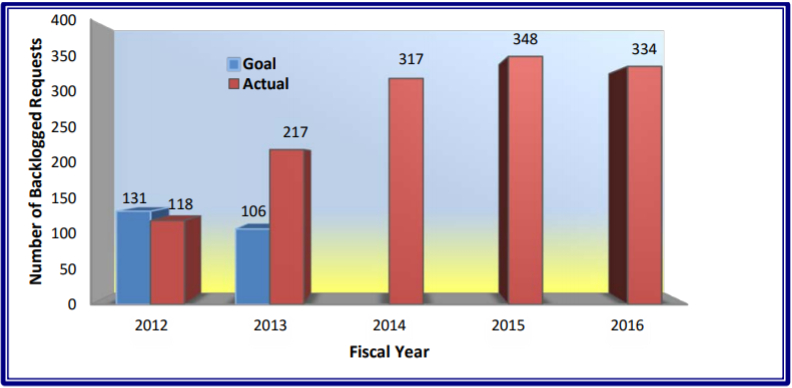The main attraction in the US Tax Court (Tax Court) is just a few weeks away. On March 5, 2018, The Coca-Cola Company (TCCC) and the Internal Revenue Service (IRS) square-off for a much anticipated six-week trial before Judge Lauber. The parties recently filed their Pretrial Memoranda in the case, although the IRS’s memorandum was filed under seal. TCCC’s Pretrial Memorandum gives us deep insight into the issues and how the trial will be conducted. The primary issue in the $3 billion transfer pricing case is the proper amount of the arm’s length royalties payable by six foreign licensees to TCCC for the licenses of TCCC’s trademarks and certain other intangible property for exploitation in international markets. In its Pretrial Memorandum, TCCC contends that the IRS’s application of an approximately 45 percent royalty rate using a bottler-based Comparable Profit Margin (CPM) that allocates to TCCC more than 100 percent of the aggregate operating (after accounting for the amounts paid pursuant to the Royalty Closing Agreement) profits of the six foreign licensees is arbitrary and capricious. (more…)
read more

 Subscribe
Subscribe






